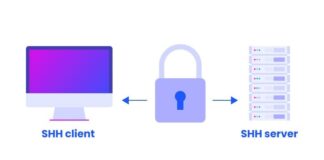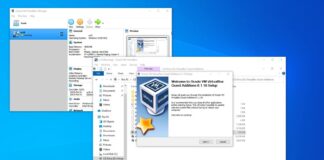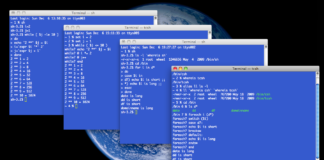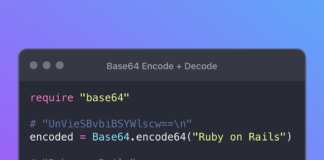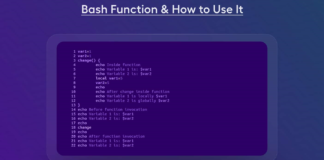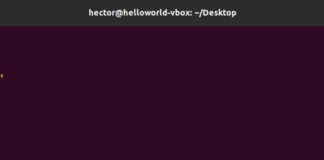SSH Max Limits and Optimization
SSH (Secure Shell) is a powerful tool for remote administration and secure data transfer. However, it's crucial to understand and configure its limits effectively...
How to Add Guests in VirtualBox
What are VirtualBox Guest Additions?
VirtualBox Guest Additions is a software package that enhances the functionality of virtual machines running in Oracle VM VirtualBox. It...
How to Change DPI: Adjusting Image Resolution
What is DPI and Why Does It Matter?
DPI, or Dots Per Inch, is a critical measurement in digital and print imaging that determines the...
How to Install and Update AMD GPU Drivers
What are AMD GPU Drivers?
GPU drivers are critical software that allows your operating system to communicate effectively with AMD graphics hardware. Whether you're a...
How to Fix SSH Connection Refused Error
Are you encountering the frustrating "Connection refused" error when trying to connect via SSH? This comprehensive guide will help you identify and fix SSH...
Understanding Symlink: Beginner’s Guide to Symbolic Links
What is a Symlink?
A symlink, short for symbolic link, is a special type of file that serves as a reference or pointer to another...
How to Fix ‘apt-get command not found’ Error
Have you encountered the frustrating "apt-get command not found" error? This article will help you understand why this error occurs and how to fix...
Google Chrome on Linux: Installation and User Guide
Are you looking to install Google Chrome on your Linux system? This article guide will walk you through everything you need to know about...
What is ‘sh’
Introduction to 'sh'
In the world of Unix and Unix-like operating systems, 'sh' stands for "shell," specifically referring to the Bourne Shell. But what is...
How to Decode Base64 Strings
What is Base64 Encoding?
Base64 is a binary-to-text encoding scheme that represents binary data in an ASCII string format. It's designed to carry data stored...
chmod 755: Understanding File Permissions
What is chmod 755?
The command `chmod 755` is a vital tool in Unix and Unix-like operating systems, used to set specific permissions on files...
Bash String Comparison: Comparing Strings in Shell Scripts
String comparison is a crucial operation in bash scripting, essential for tasks ranging from simple conditional checks...
Bash Increment Variable: Increment and Decrement Variables
In the world of bash scripting, the ability to increment variables is a fundamental skill. Whether you're...
Bash Functions in Shell Scripts
Functions are a powerful feature in bash scripting that allow you to encapsulate and reuse code. By...
Bash Comments: Enhance Script Readability
Comments are an essential aspect of writing clean, maintainable, and understandable bash scripts. They provide valuable insights...
DD Command in Linux
The dd command is a powerful and versatile utility in Unix-like operating systems, including Linux. Often referred...
Bash Shebang: Using Script Interpreters
The shebang, also known as 'hashbang' or pound-bang, is a crucial element in Unix-like operating systems, including...
Bash: Concatenate Strings Easily with Our Simple Guide
As we have iterated countless times in our previous Bash guides, Bash is a very powerful shell...




